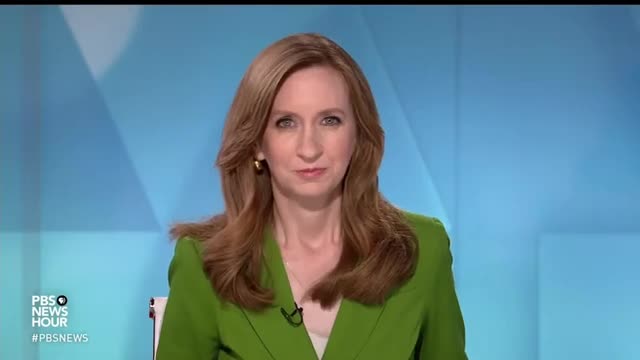Justice Alito faces scrutiny over January 6 flag controversy

This article was created by AI summarizing key points discussed. AI makes mistakes, so for full details and context, please refer to the video of the full meeting. Please report any errors so we can fix them. Report an error »

In a recent government meeting, discussions centered around Supreme Court Justice Samuel Alito's involvement in two pivotal cases related to the January 6 Capitol riots, particularly concerning former President Donald Trump's actions. Justice Alito has publicly stated that he will not recuse himself from these cases, asserting that the decision rests solely with him and hinges on whether he can remain impartial.
Alito's defense stems from a confrontation involving his wife, who faced personal attacks from neighbors, which he claims prompted the display of an upside-down American flag at their home. However, discrepancies in the timeline of events have emerged, with neighbors contesting Alito's account and suggesting that the flag was displayed weeks before the alleged confrontation took place. This has raised questions about the implications of a Supreme Court justice's personal circumstances on his ability to adjudicate cases that could significantly impact the nation's future.
Senate Judiciary Committee Chairman Dick Durbin has indicated that there are calls among Democrats to hold hearings regarding Alito's conduct and potentially subpoena him. However, procedural rules within the Senate complicate this effort, as a majority vote is required, and the current political landscape may hinder such actions. Durbin has expressed concerns that Alito's display of the flag creates an appearance of bias, undermining his credibility in ruling on cases tied to the events of January 6.
The committee is also conducting a broader investigation into the ethical standards of all Supreme Court justices, with the release of findings now delayed due to the new developments surrounding Alito. The discussions highlight ongoing tensions regarding judicial ethics and accountability, particularly in the context of politically charged cases that resonate deeply with the public.
Alito's defense stems from a confrontation involving his wife, who faced personal attacks from neighbors, which he claims prompted the display of an upside-down American flag at their home. However, discrepancies in the timeline of events have emerged, with neighbors contesting Alito's account and suggesting that the flag was displayed weeks before the alleged confrontation took place. This has raised questions about the implications of a Supreme Court justice's personal circumstances on his ability to adjudicate cases that could significantly impact the nation's future.
Senate Judiciary Committee Chairman Dick Durbin has indicated that there are calls among Democrats to hold hearings regarding Alito's conduct and potentially subpoena him. However, procedural rules within the Senate complicate this effort, as a majority vote is required, and the current political landscape may hinder such actions. Durbin has expressed concerns that Alito's display of the flag creates an appearance of bias, undermining his credibility in ruling on cases tied to the events of January 6.
The committee is also conducting a broader investigation into the ethical standards of all Supreme Court justices, with the release of findings now delayed due to the new developments surrounding Alito. The discussions highlight ongoing tensions regarding judicial ethics and accountability, particularly in the context of politically charged cases that resonate deeply with the public.
View full meeting
This article is based on a recent meeting—watch the full video and explore the complete transcript for deeper insights into the discussion.
View full meeting